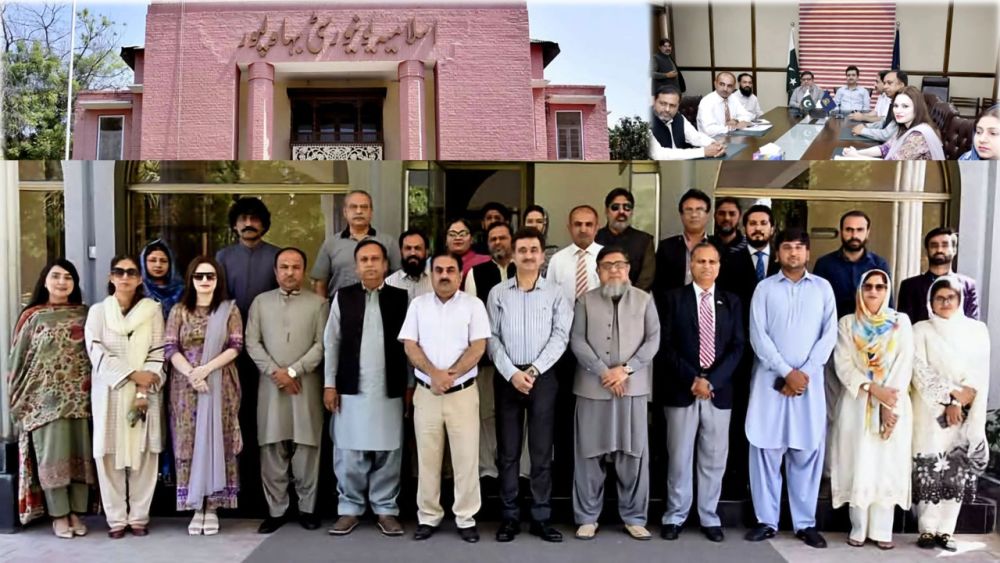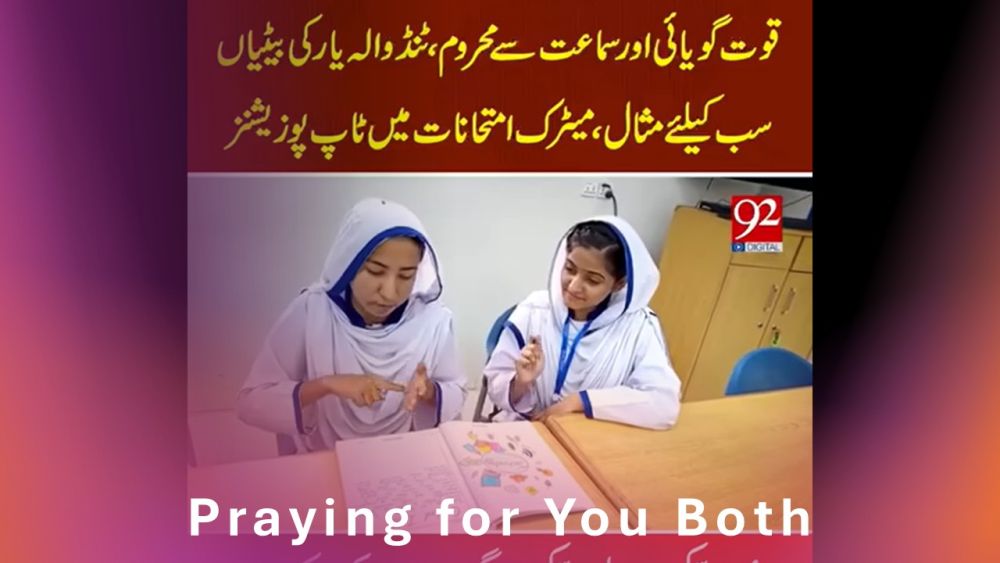Shaping Young Minds: The Promise of Early Childhood Education
Posted 1 year ago
Islamabad
June 1, 2024
The Government of Pakistan is establishing Early Childhood Education (ECE) centers in 100 primary schools across Islamabad. This initiative, managed by the Federal Directorate of Education, aims to provide young children with a solid foundation for lifelong learning. This project seeks to facilitate foundational knowledge and skills in early childhood that align with Sustainable Development Goals (SDG-4 and SDG-5) and ensure children are well-prepared for formal schooling.
The project’s design is strategically balanced to address urban and rural needs. Each will receive 50 renovated centers/classrooms with appropriate furniture and materials. Furthermore, the Ministry of Federal Education and Professional Training (MoFE&PT) will ensure that trained Montessori teachers and support staff are available to create a conducive learning environment. Through this program, 6,000 children will be enrolled annually, significantly improving early childhood education enrollment and ensuring gender equality in education.
The Secretary of the MoFE&PT, Mr. Mohyuddin A Wani, has always supported strengthening early childhood programs, including nutritional and healthcare needs in the early school years. During these formative years, children experience rapid physical, intellectual, emotional, social, and moral development. Quality early education fosters cognitive abilities, communication, creativity, and social skills, laying a robust groundwork for enhanced learning in subsequent years. Children receiving early education are less likely to drop out, have better attendance records, and move smoothly to higher education levels. Additionally, these children are better prepared to adopt healthy lifestyles and practices, contributing positively to society as responsible adults.
However, the current state of ECE facilities in Pakistan is alarming. Approximately two-thirds of public primary schools lack dedicated classrooms for pre-primary education, with the situation being more dire in rural areas. Over 70% of primary schools lack functional washrooms, creating healthcare challenges besides a non-conducive learning environment. The project aims to address these deficiencies by providing specialized ECE classrooms with trained teachers, a necessary step towards rectifying the inadequacies in the current system.
The National Education Policy (NEP) of 1998-2010 first prioritized ECE, and subsequent policies have continued to emphasize its importance. Despite these policies, implementation has been inconsistent, with most public schools under the Federal Directorate of Education offering only one year of pre-primary education, often without proper infrastructure or specialized teachers. Financial constraints and a lack of trained educators have further hampered the past efforts to formalize ECE.
Pakistan’s commitment to international treaties and conventions, such as the Convention on the Rights of the Child (CRC) and the Sustainable Development Goals (SDGs), underscores the importance of providing quality early childhood education. Article 25-A of the Constitution reinforces this commitment by obligating free education for children above three. The current initiative is a significant step towards fulfilling these commitments, ensuring children’s rights to education and development are upheld.
Economically, the project will create 300 jobs, including teaching and non-teaching positions, contributing to developing a skilled and educated workforce. The involvement of Education Service Providers (ESP) or the Federal Directorate of Education (FDE) in hiring specialized staff ensures that the quality of education is maintained.
This project also emphasizes the holistic development of children, including physical, intellectual, emotional, social, and moral growth. Reducing dropout rates, improving attendance, and enhancing retention promise substantial long-term benefits for individuals and society. Community engagement and environmental sustainability are also integral components, ensuring broad-based support and responsible implementation.
According to Prof. Dr. Muhammad Mukhtar, Vice Chancellor of the National Skills University Islamabad, the ECE centers project in Islamabad’s primary schools significantly advances Pakistan’s educational landscape. It addresses critical infrastructure needs, provides trained staff, and fosters holistic development. This initiative promises immediate improvements in early childhood education and paves the way for a more educated, skilled, and prosperous society. The government’s commitment to this cause is laudable, and continued support and investment in ECE will undoubtedly yield long-lasting benefits for future generations.





